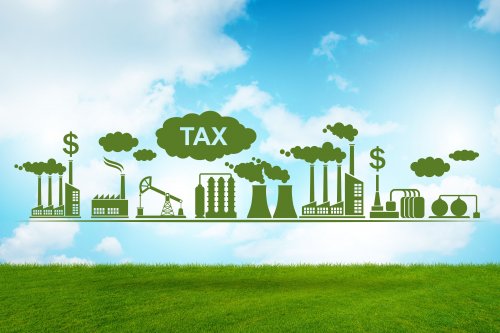The reduction in the carbon price in the European Union is depriving environmental funds of billions and jeopardizing some low-carbon technology projects in the EU.
This is reported by Reuters.
After the price of carbon emission permits in the EU exceeded 100 euros per ton of CO2, their value decreased. This was due to the fact that free allowances were halved, which actually led to a decrease in demand for electricity and the replacement of traditional generation with green.
According to the analysis of market data, this decline resulted in a loss of potential revenues of €4.1 billion in the European budget.
While the reduction in emissions shows that Europe is meeting its climate goals, it also means that the scheme is raising less money than expected for the EU's green transition funds and paying for member states' climate efforts.
The EU's Innovation Fund plays a key role in financing new technologies, including hydrogen and carbon capture. These technologies are essential for achieving climate goals.
The EU estimates that the fund should attract €40 billion over this decade, assuming CO2 prices average €75 per tonne.
"If there is less money, it will affect the number of projects that can be financed with that money," said Yan Qin, an analyst at LSEG Carbon.
The Modernization Fund is designed to help the poorest EU countries transition away from fossil fuels. However, the reduction in funding for the energy transition could seriously hit European industries that are striving to become environmentally friendly while remaining competitive at the international level. Some of these industries are already redirecting their investments to the United States, where cleantech subsidies can be taken advantage of.
Analysts say the drop in EU carbon prices is temporary and prices are likely to rise over the course of this decade.
As EcoPolitic previously reported, the level of greenhouse gases in the air in 2023 reached a historical maximum, growing at a record fast pace. Methane's contribution to global warming was about 30%, while carbon dioxide was almost double that.





